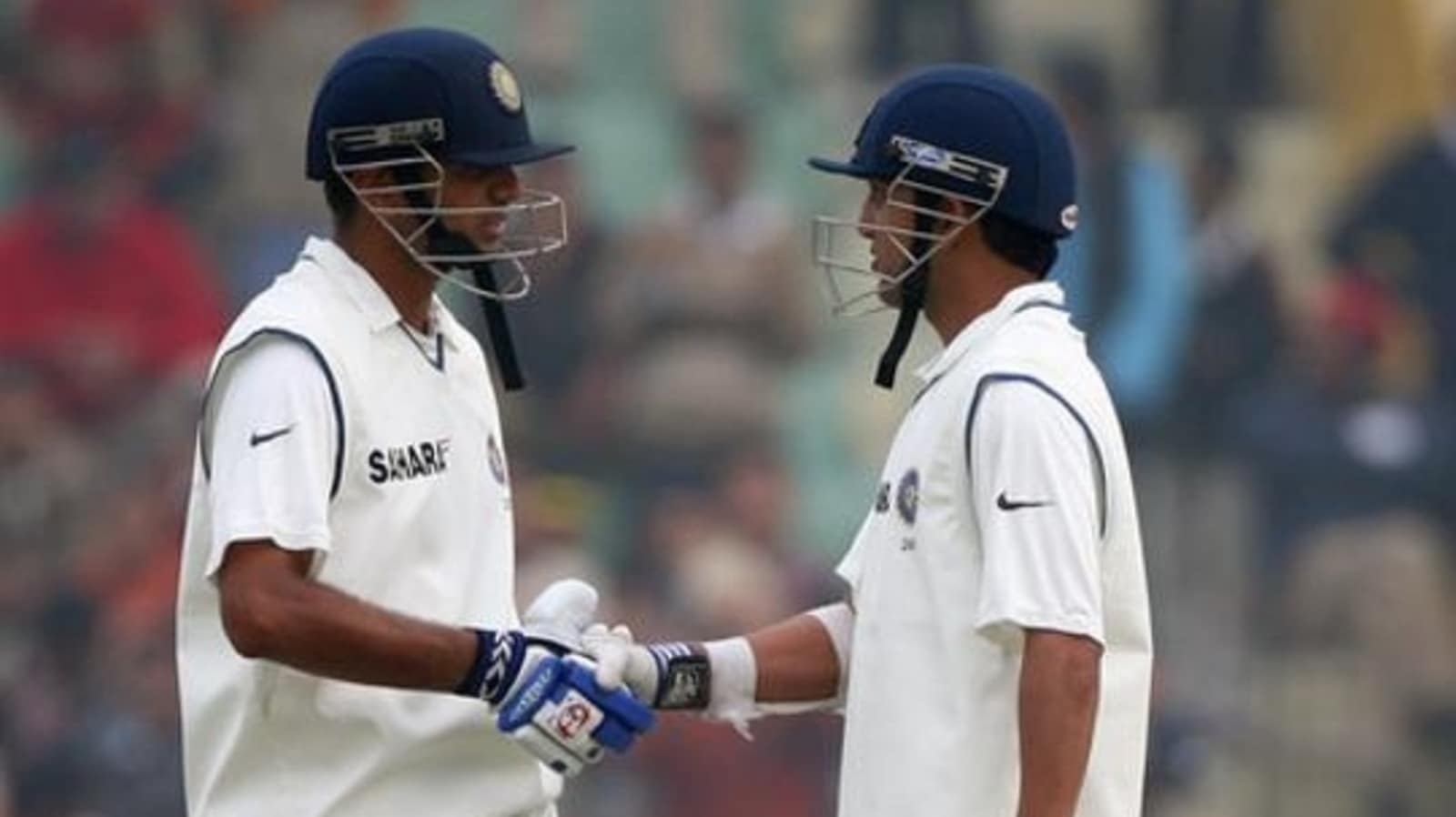Cricket
Gautam Gambhir, ‘second wall of Indian cricket’ succeeds the OG, Rahul Dravid: What lies ahead for Indian cricket

“He has become the second wall of Indian cricket,” Virender Sehwag had said in March 2009, hours after Gautam Gambhir had produced an 11-hour epic to help India save the second Test against New Zealand in Napier after following on.
The stand-in captain’s unstinted praise came after his left-handed opening partner negotiated 436 deliveries in making 137, taking a leaf out of playbook of the original wall, Rahul Dravid, the expert No. 3 for whom batting time was second nature.
The ‘second wall’ succeeds the OG as India’s new head coach, bequeathed a crack outfit by a man he has admired and sought to emulate all his cricketing life. Gambhir’s challenges over the next three and a half years will revolve around both building on the gains accrued during Dravid’s two-and-half-year tenure and overseeing a period of transition that will witness a shake-up in both red-ball play and 50-over cricket over the next year and a half or so.
Like two of his three immediate predecessors – Ravi Shastri and Anil Kumble – Gambhir too has little formal coaching experience. Dravid had served four years of apprenticeship as India ‘A’ and Under-19 coach between 2015 and 2019, and two years as the National Cricket Academy head honcho, before taking over from Shastri in November 2021. Gambhir’s off-field managerial experiences have been restricted to mentoring roles in the Indian Premier League with Lucknow Super Giants and Kolkata Knight Riders. But he is an astute and smart reader of the game, unafraid to take bold decisions and, of late, showcasing a maturity that suggests the coming of age of the one-time stormy petrel.
Dravid leaves behind an enviable legacy, topped by the T20 World Cup triumph in the Caribbean last month. The dramatic seven-run steal from South Africa marked India’s first global title since 2013; demanding assignments lie ahead of Gambhir in the next 12 months alone, among them five-Test tours to Australia this winter and England next summer, the 50-over Champions Trophy sometime in February-March next year, and the race to the final of the World Test Championship, to start with, for the third straight edition.
The winds of change are already blowing in 20-over cricket with the international retirements of skipper Rohit Sharma, his predecessor Virat Kohli and influential all-rounder Ravindra Jadeja after the Bridgetown heist. It’s in the fitness of things that Gambhir’s first outing as the new head coach will be for a three-match T20 series in Sri Lanka later this month, to be followed by three ODIs. It will herald a new leadership era in T20 cricket of skipper Hardik Pandya and Gambhir. While it might be too early to talk about a successful title defence at the home T20 World Cup in 2026, Gambhir will have to perform the fine balancing act between winning today and building a team for a perfect tomorrow.
Gambhir inherits an immensely popular and consistent unit from Dravid, who left the team on top of the pile in both white-ball formats and at No. 2 in the Test rankings, behind Australia. His focus will be to take the team beyond rankings and to tangible silverware. It’s possible too that not too long from now, he will work with a new skipper in the two other versions too, depending on how long the fire burns within Rohit. Kohli too is much closer to the end of his career than its beginning and while Gambhir won’t be keen to usher either of them out, it’s a near-certainty that he will sit the two senior batters down and discuss what their future plans are vis a vis Indian cricket.
Understandably, a fair amount of interest has already been generated by the prospect of Gambhir and Kohli, who have a not-pleasant history, working together. It can be said unequivocally that they both will be pulling in the same direction. Whatever animosity there might have been in the past will be emphatically buried by the time they occupy the same dressing-room. Gambhir knows Kohli is still a huge presence within the national set-up, Kohli has seen first-hand the grit, gumption and commitment with which his Delhi mate has approached tasks in the past. There is a strong bond of mutual professional respect which binds the duo, and Gambhir is also a fan of Rohit’s brand of leadership, which should make the transition from the Dravid era a smooth and seamless one.
Once NCA boss VVS Laxman decided he didn’t want to be the head coach, Gambhir was an obvious choice. No one knows better than Gambhir that he has big, Dravid-sized shoes to fill; few are better equipped to do so than the 42-year-old ‘second wall’ from Delhi.










